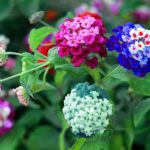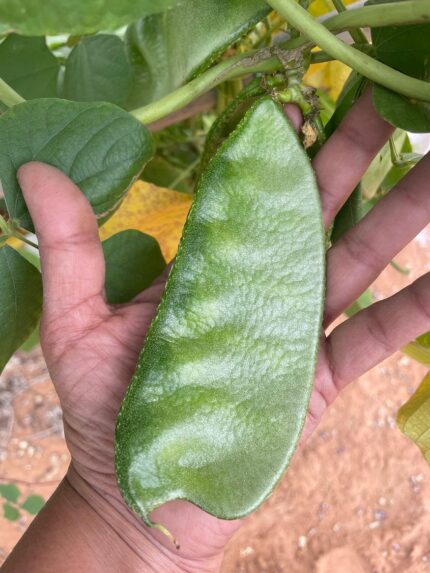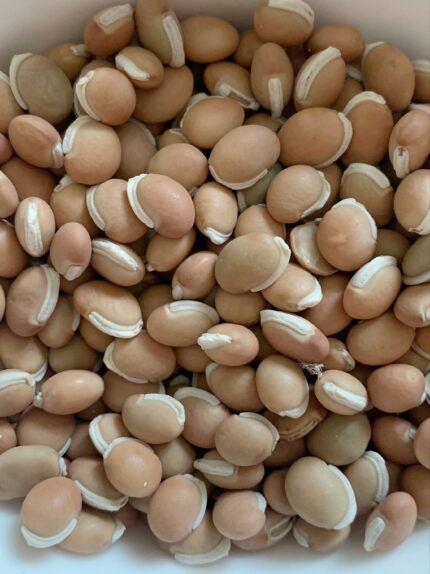Kanu Avarai is a variety of broad bean (*Vicia faba*) popular in some parts of India, particularly in Tamil Nadu. It is known for its ability to grow well in tropical and subtropical climates, making it a preferred choice for areas with warm weather.
Key Characteristics of Kanu Avarai Broad Beans:
1. Climate Adaptability:
– Unlike typical broad beans, which thrive in cooler climates, Kanu Avarai is suited for warmer conditions, making it ideal for tropical and subtropical regions. It can tolerate higher temperatures, which is a key feature of this variety.
2. Plant Size and Growth Habit:
– The plant grows upright, reaching a height of around 2 to 3 feet (60 to 90 cm). It has a bushy appearance with thick, sturdy stems and broad leaves, similar to other broad bean varieties.
3. Pods and Beans:
-Kanu Avarai produces pods that contain large, plump beans. The beans are typically green when young and turn brown or beige as they mature. The pods are easy to harvest when they are mature.
4. Edible and Nutritional Value:
– The beans are highly nutritious, being rich in protein, dietary fiber, vitamins (like folate and B-vitamins), and minerals such as iron and magnesium. Both the young, tender beans and the mature beans can be eaten in various dishes like curries, soups, and salads.
5. Uses:
– The beans are commonly used in traditional Indian recipes, particularly in curries and stews. They are also valued for their soil-enriching properties, as broad beans are nitrogen-fixing plants, improving soil fertility.
6. Growing Conditions:
– Kanu Avarai prefers well-drained, fertile soil and a warm growing environment. It is typically planted in the post-monsoon season (from October to December) in regions like Tamil Nadu and other parts of South India.


















Reviews
Clear filtersThere are no reviews yet.